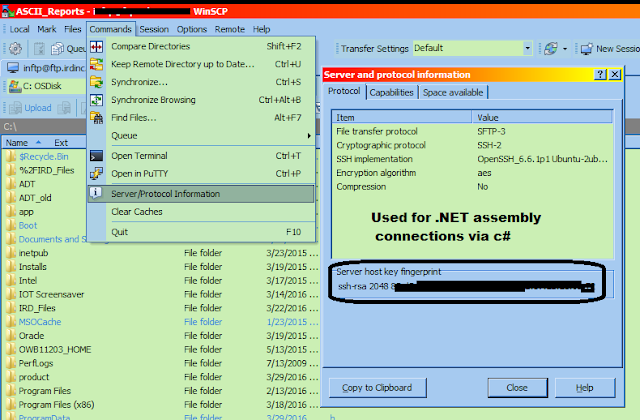Compiler_Directives
https://msdn.microsoft.com/en-us/library/d9x1s805(VS.71).aspx
Pragma Directives
Visual Studio .NET 2003 Other Versions
alloc_text auto_inline bss_seg check_stack
code_seg comment component conform1
const_seg data_seg deprecated function
hdrstop include_alias init_seg1 inline_depth
inline_recursion intrinsic managed message
once optimize pack pointers_to_members1
pop_macro push_macro runtime_checks section
setlocale unmanaged vtordisp1 warning
Some apps need to exercise precise control over the memory areas where data is placed
or
to control the way certain functions receive parameters.
The #pragma directives offer a way for each compiler
to offer machine- and operating system-specific features
while retaining overall compatibility with the C and C++ languages.
Pragmas are machine- or operating system-specific by definition,
and are usually different for every compiler.
Pragmas can be used in conditional statements,
to provide new preprocessor functionality,
or
to provide implementation-defined info to the compiler.
The Microsoft C and C++ compilers recognize the following pragmas:

Comments
Post a Comment